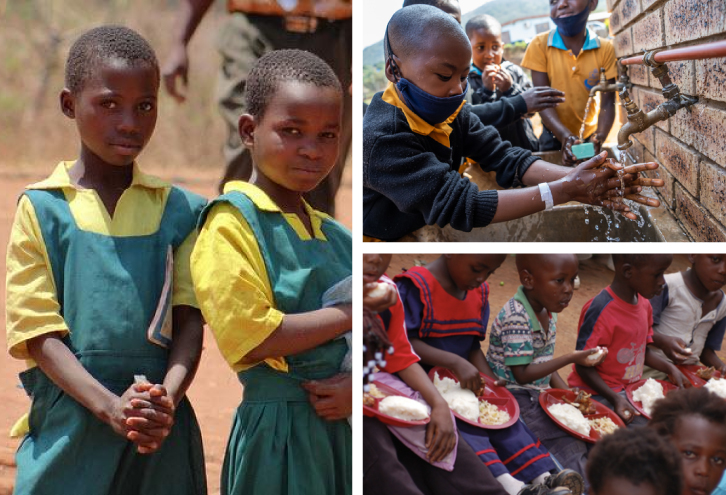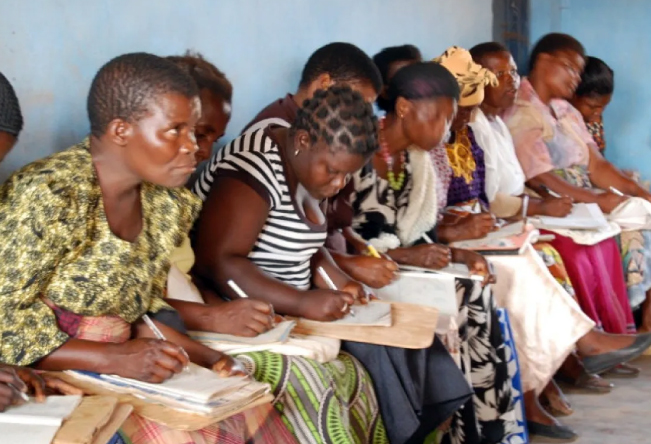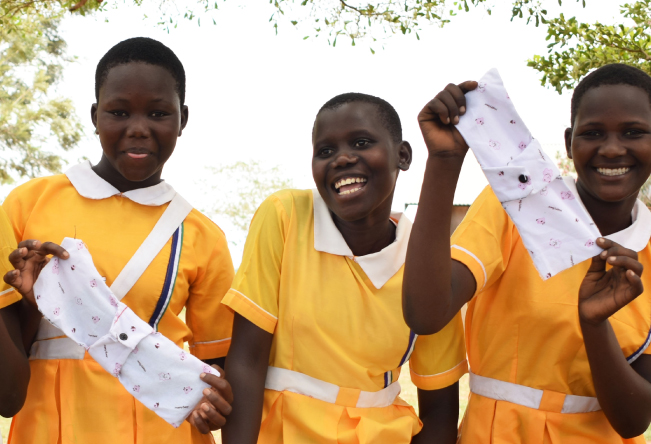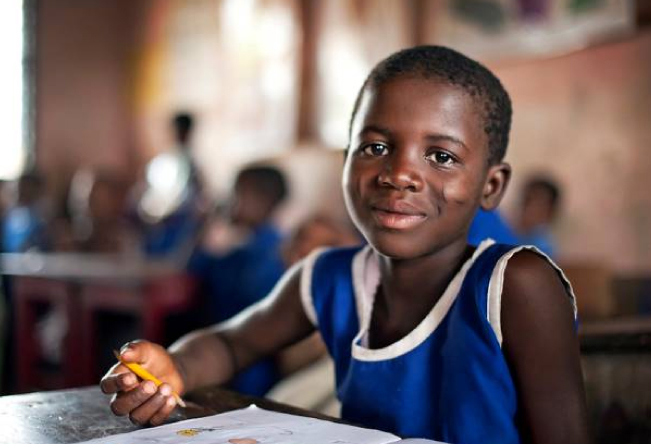Education
At SPAG Women Forward Initiative, we believe that education is a fundamental right and a powerful tool for breaking the cycle of poverty. Our education programs focus on fostering early childhood development in rural settings, promoting adult literacy, and improving water, sanitation, and hygiene (WASH) structures in schools. By addressing these key areas, we ensure that children receive a strong educational foundation, adults gain essential literacy skills, and school environments become safe, healthy, and conducive to learning.
Early Childhood Development (ECD) in Rural Settings
The early years of a child’s life are critical for cognitive, emotional, and social development. In many rural communities, access to quality early childhood education remains limited, leaving young children at a disadvantage before they even enter primary school. Our ECD initiatives focus on establishing community-based learning centers, training caregivers and teachers, and providing age-appropriate learning materials to enhance early learning experiences. We also engage parents and caregivers, equipping them with the knowledge and tools to support their children’s development at home. By prioritizing early childhood education, we ensure that young learners build strong foundations for future academic success.

Adult Literacy for Economic and Social Empowerment
Education is not just for children—it is a lifelong opportunity that empowers individuals to improve their lives. Many adults, especially women in rural communities, lack basic reading, writing, and numeracy skills, limiting their ability to access economic opportunities and participate fully in society. Our adult literacy programs provide flexible, community-based learning sessions that cater to the needs of working individuals. By integrating practical financial literacy and vocational training, we ensure that participants not only learn to read and write but also gain essential skills to enhance their livelihoods. Through literacy, we open doors to greater economic independence, informed decision-making, and improved well-being for individuals and their families.
Improving WASH Structures in Schools
A safe and healthy school environment is essential for effective learning. Poor water, sanitation, and hygiene (WASH) facilities contribute to absenteeism, particularly among girls who struggle with menstrual hygiene management due to a lack of clean and private restrooms. Our WASH interventions focus on constructing and rehabilitating school latrines, installing clean water sources, and promoting hygiene education. By providing access to safe drinking water and proper sanitation, we create healthier learning environments where students can focus on their education without the risk of waterborne diseases.
Through our comprehensive approach to education, we are committed to ensuring that children receive quality early learning experiences, adults gain the skills they need for self-sufficiency, and schools become healthier places for all learners. By addressing these critical areas, we empower communities with the knowledge and resources necessary to break barriers and create a future where education is accessible to all


